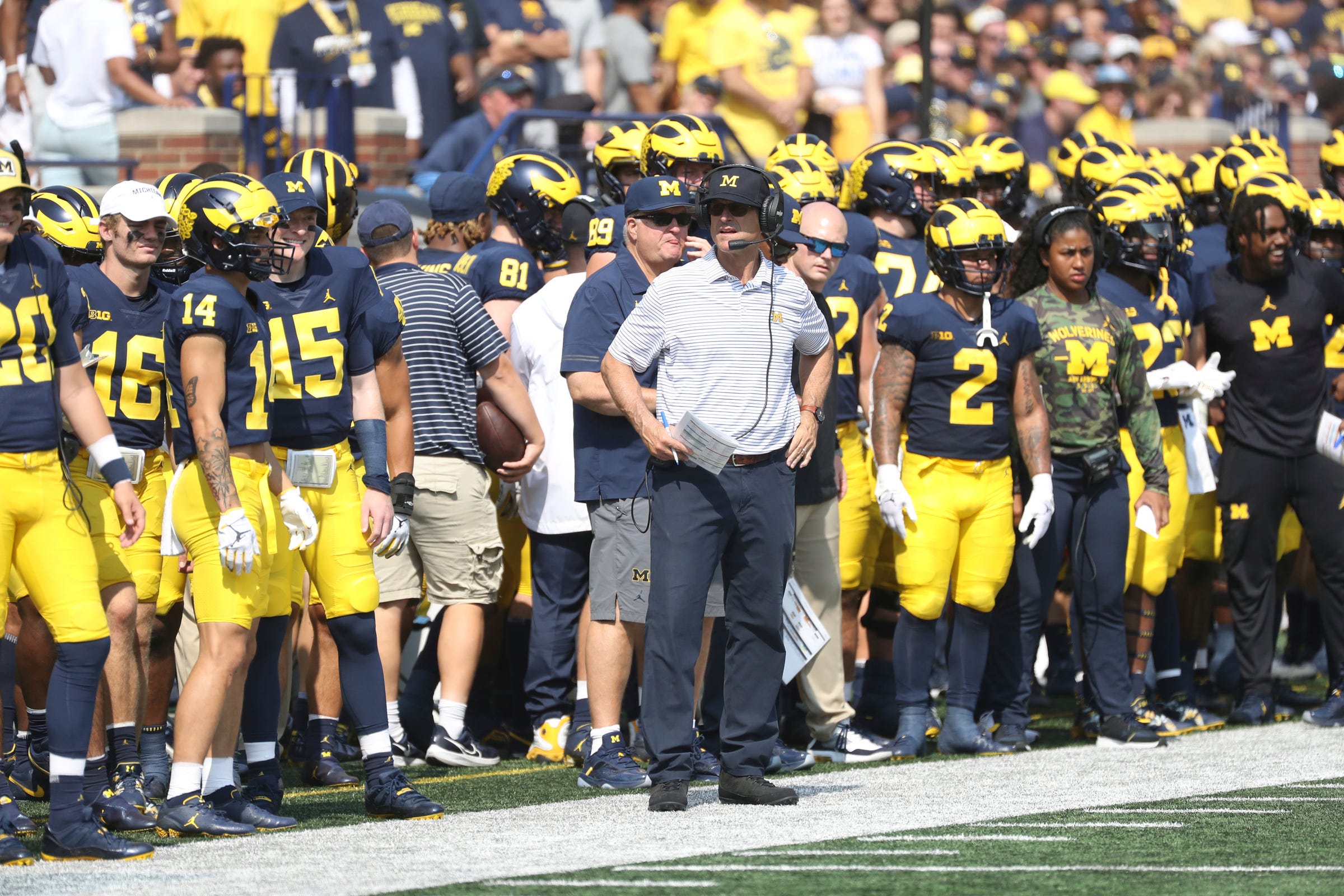The Michigan football program is facing a wave of criticism from alumni and fans who are demanding accountability and integrity in light of recent scandals. While the team celebrated its national championship, concerns about ethical conduct have overshadowed its achievements, prompting passionate responses from supporters.
Alumni Voice Concerns Over Ethical Standards
A letter from alumnus Ann-Nora Hirami, a dedicated Michigan football fan and season ticket holder for 35 years, articulated the frustrations felt by many. Hirami expressed pride in her alma mater but emphasized that winning should not come at the cost of integrity. She condemned several actions related to the ongoing scandal, including Jim Harbaugh‘s refusal to cooperate with an NCAA investigation, the destruction of evidence by former staff member Connor Stalions, and the reliance on unverified sources in the NCAA’s report.
Hirami stated, “Football is not the almighty. Jim Harbaugh does not get a blank check because he coached a team that won the title.” Her sentiments reflect a broader disappointment among alumni who prioritize the university’s reputation over athletic success. The pressure is now on Sherrone Moore, who has a significant opportunity to guide the program back to a path of integrity and respect.
Calls for Accountability and Change
The concerns extend beyond the football field. Fellow alumnus Donald Wade questioned whether the University of Michigan has a code of ethics and what penalties exist for violations. Wade noted Harbaugh’s claim of ignorance regarding the illegal activities of his coaching staff, suggesting that such a defense raises doubts given the team’s recent successes. He argued that Harbaugh should be held partially responsible for the fines imposed on the university due to these infractions.
In addition to the football scandal, there are broader social issues at play. Darryle J. Buchanan highlighted the urgent need to address violence in Detroit and surrounding communities, linking it to societal expectations of masculinity. He advocated for comprehensive approaches that focus on prevention through mentorship and community support rather than solely relying on law enforcement.
Similarly, Bill Richardson voiced concerns about the militarization of crime prevention, arguing that sending the National Guard into neighborhoods does not address the root causes of violence. He called for sensible gun laws and investment in community programs to create lasting safety and opportunity.
The dialogue surrounding Michigan football and community violence underscores a critical moment for both the university and its supporters. As fans rally for restoration of integrity within the athletic program, the broader societal issues raised by community members point to a need for systemic change. The outcomes of these discussions will likely shape the future of both Michigan football and the communities it represents.
